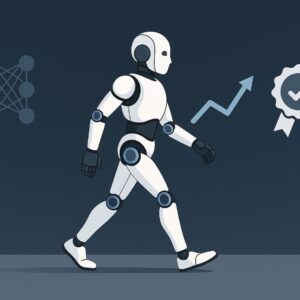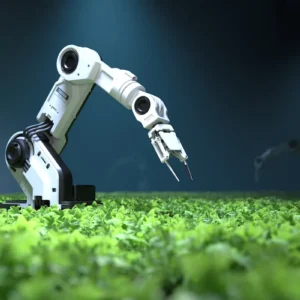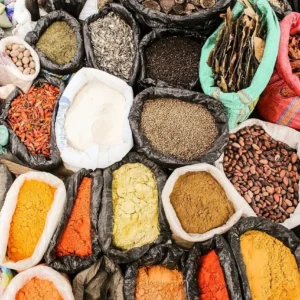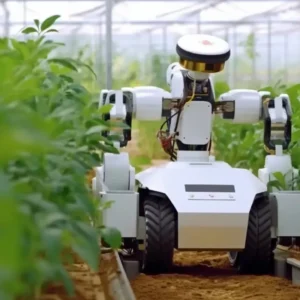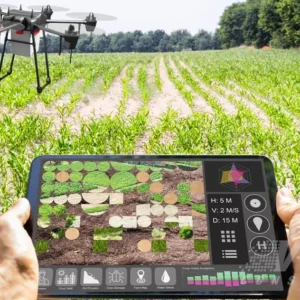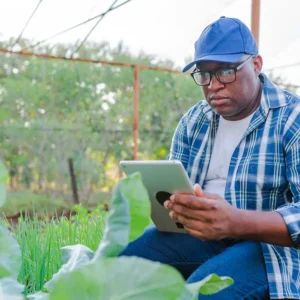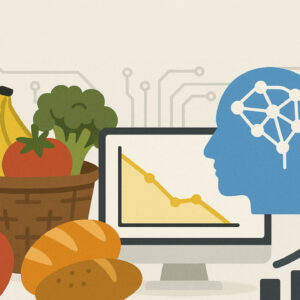In the realm of agriculture, a silent revolution is unfolding, transforming traditional farming practices into a technologically advanced endeavor. This digital transformation is reshaping the way we produce food and manage rural economies, offering unprecedented opportunities. Smart agriculture, with its innovative technologies, is paving the way for a more efficient and sustainable future.
As the world’s population continues to grow, the demand for food increases exponentially. Smart agriculture provides a solution by enabling farmers to maximize their yields through precise data-driven decisions. By leveraging technology, farmers can optimize resource management, reduce environmental impact, and ensure food security for generations to come.
This exciting development promises a greener, more prosperous future for all.
Introduction to A Smarter Approach in Agriculture
Smart Agriculture is revolutionizing the traditional farming landscape, offering a modern and efficient approach. With the power of technology, farmers can now harness data and automation to enhance their practices. The use of satellite imagery and drones provides an unprecedented level of field monitoring, enabling farmers to make informed decisions about their crops. Soil sensors, combined with real-time data, further empower farmers to optimize their farming techniques, ensuring a sustainable and productive future.
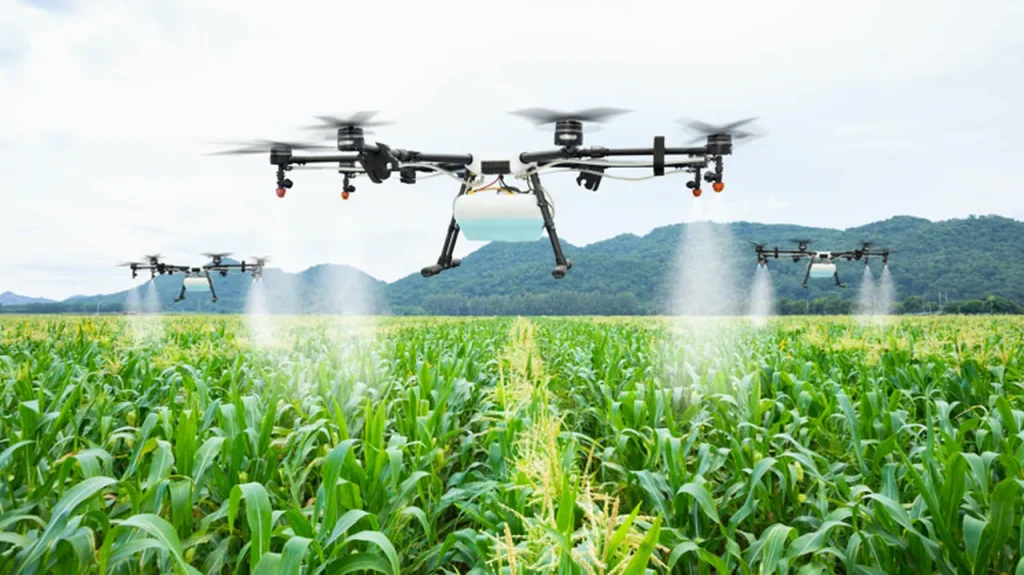
This innovative approach to agriculture is a game-changer, paving the way for a more prosperous and environmentally conscious industry. Precision farming, indeed, forms the very foundation of this smart revolution in agriculture.
The Future of Farming: IoT’s Impact on Agriculture
The implementation of Internet of Things (IoT) technology and 5G has revolutionized farming practices, bringing about a new era of connectivity and precision in agriculture. With IoT devices, farmers can now monitor and manage their crops and livestock with unparalleled efficiency.
Smart irrigation systems, for instance, ensure optimal water usage, reducing waste and promoting sustainable farming practices. These systems are designed to provide precise watering, adapting to the specific needs of each crop, thus enhancing water efficiency.
Additionally, IoT wearables and RFID tags have transformed livestock monitoring. Farmers can now track their animals’ health, movements, and behaviors in real-time, ensuring their well-being and productivity. This technology provides valuable insights, enabling farmers to make informed decisions and optimize their operations.
The integration of IoT in agriculture, Smart Agriculture, is a game-changer, offering farmers a competitive edge and a more sustainable future.
Revolutionizing Agriculture: AI’s Impact on Crop Management
Artificial intelligence and machine learning have emerged as powerful tools in the realm of smart agriculture, revolutionizing crop management practices. These innovative technologies enable farmers to make informed decisions and optimize their operations. By employing intelligent algorithms, farmers can swiftly identify crop diseases, pests, and accurately predict yields, thus minimizing potential losses. Computer vision, a subset of AI, plays a pivotal role in early disease detection, allowing farmers to take proactive measures and implement effective strategies. Additionally, AI models facilitate precise yield prediction and informed crop planning, ensuring optimal resource allocation. With these advancements, farmers can enhance their productivity and sustainability, ultimately contributing to a more resilient and prosperous agricultural sector.
Revolutionizing Agriculture: A Data-Driven Approach
In the realm of modern agriculture, data has become the ultimate game-changer. It is the key to unlocking the potential of smart agriculture practices, where analytics play a pivotal role in optimizing every stage of the farming journey. By harnessing the power of big data, farmers can make informed decisions and enhance their productivity like never before.
Drones, sensors, and weather APIs serve as the eyes and ears of this innovative approach. They collect valuable data, transforming raw information into actionable insights. With this technology, farmers can monitor crop health, predict weather patterns, and make precise adjustments to their farming techniques.
The future of agriculture lies in embracing these technological advancements, paving the way for a sustainable and efficient agricultural industry all with the aid of AI.
The Future of Farming: Revolutionizing Food Production with AI
The world of agriculture is undergoing a remarkable transformation with the advent of smart greenhouses, where artificial intelligence (AI) takes center stage. These innovative plant factories are revolutionizing food production by creating controlled environments that optimize growth conditions. Through automation, farmers can precisely regulate temperature, humidity, and light levels, ensuring optimal conditions for crops.
Vision systems, powered by AI, enable real-time monitoring of crop health, allowing farmers to identify and address any issues promptly. This technology-driven approach to agriculture maximizes resource efficiency, reducing waste and minimizing the need for expansive land. Smart agriculture is revolutionizing the way we grow food, offering a sustainable and efficient solution for the future.
The Future of Agriculture: Embracing Innovative Automation with Robotics
The era of ‘Smart Agriculture’ is upon us, revolutionizing traditional farming practices. Innovative robotic systems are now being deployed in fields, taking on repetitive and physically demanding tasks with precision and efficiency. Autonomous tractors, guided by advanced GPS technology, navigate fields with ease, while harvesting robots ensure a timely and gentle crop collection.
AI-powered robots are also transforming weed control and precision spraying, reducing the need for manual labor and minimizing environmental impact. This new wave of automation in agriculture is an exciting development, promising increased productivity and sustainability.
Smart Agriculture: Drones Take Flight
In the realm of smart agriculture, drones emerge as invaluable tools, providing unprecedented flexibility and instantaneous data collection. These aerial marvels revolutionize farming practices, offering a unique perspective from above. With their advanced capabilities, drones efficiently map expansive fields and assess crop health, ensuring farmers can make informed decisions promptly. Beyond surveillance, drones excel in precise spraying and seeding, enhancing agricultural productivity and efficiency. This innovative technology empowers farmers to optimize their operations, embracing a new era of precision and sustainability. Embrace the future of agriculture with drones, where the sky becomes an indispensable partner in farming success.
Revolutionizing Agriculture: Smart Solutions for a Sustainable Future
Climate-smart agriculture is an innovative approach that utilizes technology to address the challenges posed by a changing environment. By leveraging real-time weather data, farmers can make adaptive plans and implement precise strategies to ensure optimal crop growth. This not only helps in mitigating the impacts of climate change but also reduces emissions and water usage through AI-powered optimization. With these advanced techniques, the agricultural industry is taking a giant leap towards sustainability, ensuring a resilient and thriving future for all.
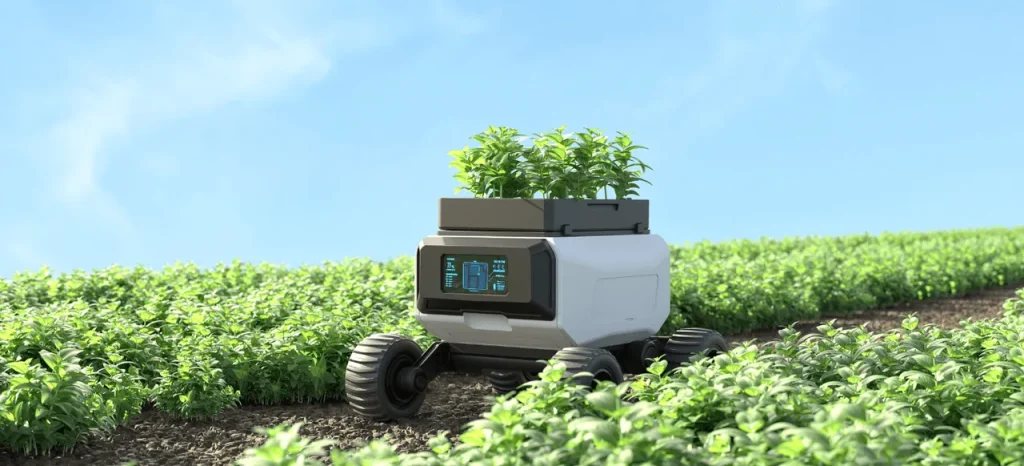
The integration of smart agriculture practices is a crucial step towards a greener and more efficient farming system.
Unlocking Transparency: The Power of Blockchain in Smart Agriculture
Blockchain technology is revolutionizing the agricultural industry by offering unparalleled transparency and trust. With this innovative system, every step of the food journey, from the fertile soil to the supermarket shelf, is meticulously recorded and tracked. Consumers and retailers alike can now trace the origin and journey of their produce, ensuring quality and authenticity.
Blockchain’s smart contracts further enhance efficiency, automating crop insurance processes and providing a secure and reliable framework for all stakeholders involved in smart agriculture. This technology is a game-changer, offering an unprecedented level of transparency and peace of mind.
The Rise of Tech-Driven Innovators
The world of agriculture is witnessing an exciting transformation with the emergence of tech-savvy startups. These innovative companies are utilizing cutting-edge technologies to revolutionize traditional farming practices. With a focus on precision agriculture, drones, and artificial intelligence, these startups are supercharging the industry and paving the way for a more sustainable and efficient future.
From precision farming techniques that optimize crop yield to the utilization of drones for aerial surveillance and data collection, these startups are pushing the boundaries of what is possible. By embracing Smart Agriculture, they are not only enhancing productivity but also contributing to a greener and more environmentally conscious approach to farming. With their forward-thinking mindset, these companies are truly leading the way towards a brighter agricultural future.
Smart Agriculture: A Digital Transformation
In the age of Smart Agriculture, it is crucial to empower farmers with the necessary skills to embrace technological advancements. The digital divide can be bridged by providing accessible mobile applications and comprehensive training programs. By doing so, we can ensure that farmers, especially those in rural areas, can harness the power of technology and innovate within their communities.
This initiative not only enhances their understanding of modern agricultural practices but also fosters trust in these cutting-edge tools, ultimately revolutionizing the industry. It is a crucial step towards a sustainable and prosperous future for agriculture.
Unveiling the Future of Agriculture: A Balanced Approach
In the exciting fusion of technology and farming, known as Smart Agriculture, we must navigate a delicate balance. The privacy and ownership of data are paramount, ensuring a fair and ethical foundation. With the rise of AI, questions of data ownership become increasingly complex, demanding thoughtful consideration.
Sustainable technology adoption is also key to progress, but we must ensure it benefits all, especially small-scale farmers. It’s crucial to develop strategies that empower these farmers, preventing them from being left behind in the technological revolution.



